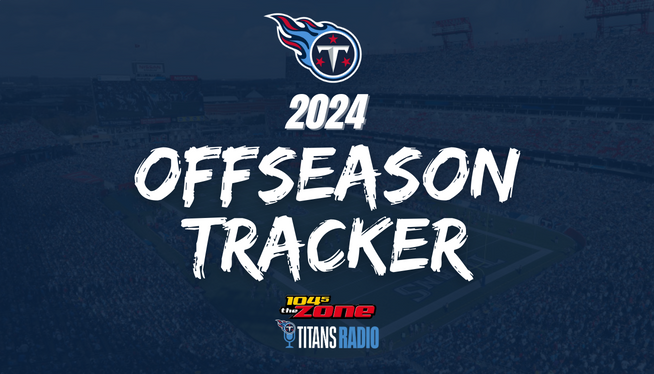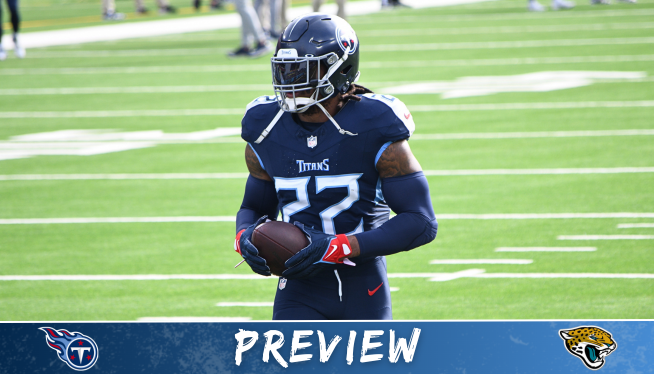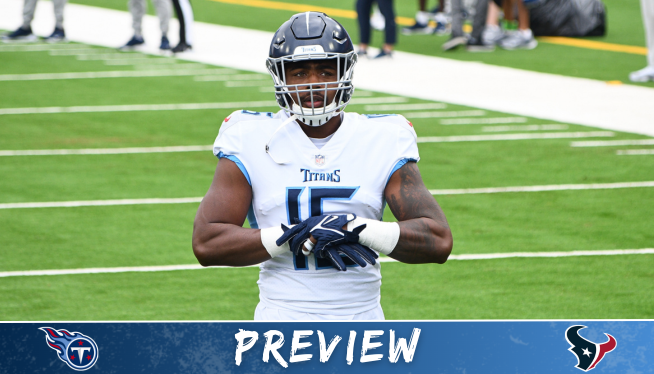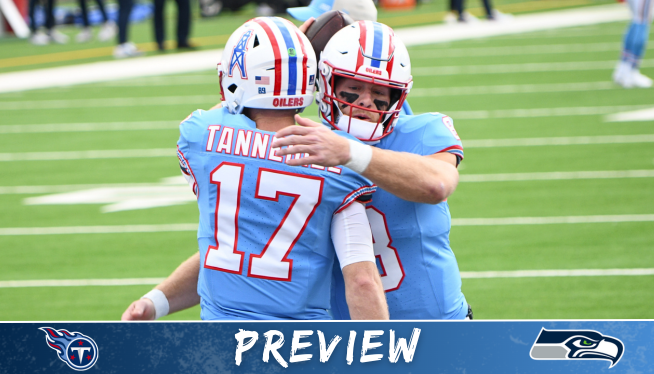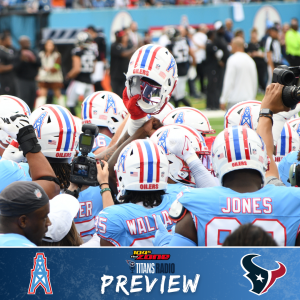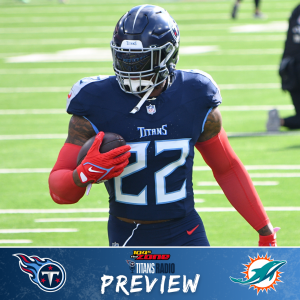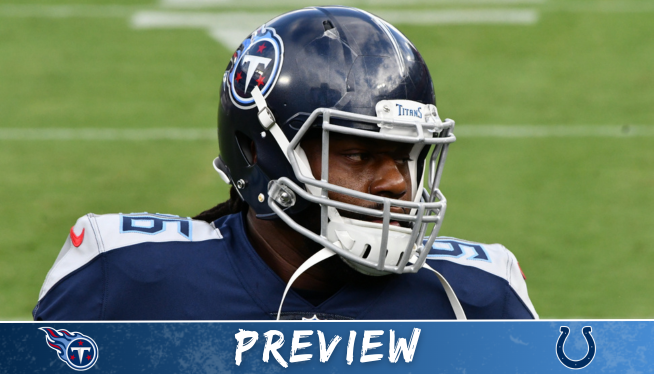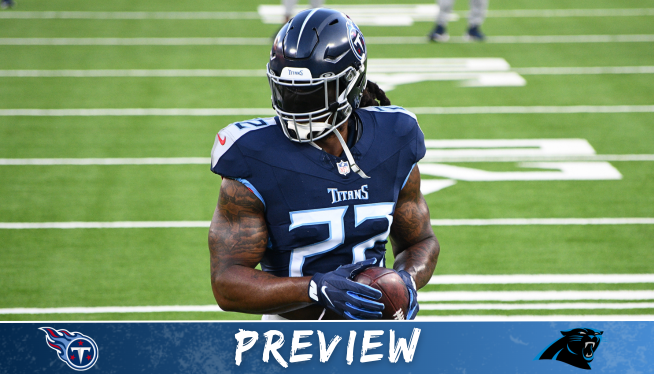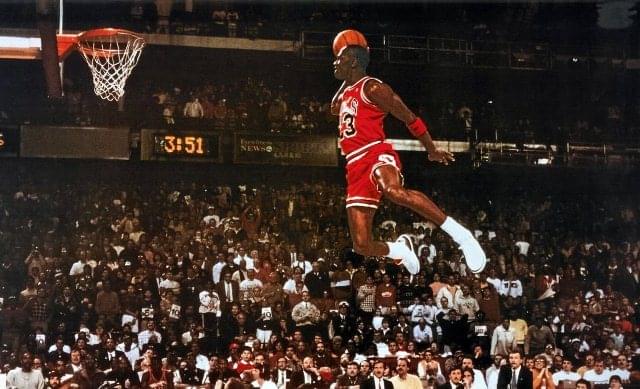
By JASON MARTIN (@JMartRadio – April 18, 2020)
There’s a moment in the sixth episode of Jason Hehir’s astonishingly good documentary on the Phil Jackson-dubbed “Last Dance” of the Chicago Bulls where an exhausted Michael Jordan, mere minutes after leading his team to a third-straight NBA Championship where he says, “Do I have to do anything else? Can I just…sit here for a few minutes?”
If there’s a better description of the MJ many viewers will finally understand and meet for the first time than that scene, you’ll have to point it out to me. I can’t stress enough, before going into a few details as to why, how good this thing is. Folks, I’ve only said it one time in my career about a documentary, but it would be an absolute crime if it doesn’t win an Academy Award, provided it fits the criteria.
Other than Ezra Edelman’s landmark OJ: Made in America, this isn’t just the finest sports documentary of all-time, it’s also at WORST the second best product ESPN has ever been a part of to this degree. I binge watched this unlike anything in several years, because as complex as it was in terms of its storytelling, it was so easy to view. It’s smooth as silk, like a Jordan jumper or a Scottie Pippen blocked shot.
As the opening episode begins, we feel as if we’re going to spend a vast amount of time in that final season in Chicago for Jordan, Jackson, Pippen and others, and the project’s only true villain gets his due both as architect and demolition man, the late Jerry Krause, who was brilliant… but who ended up destroying what he built due to struggles over power, money, and the biggest culprit of all, CREDIT.
He had to be known as “somebody,” and as such, through the course of the documentary, we see a man that would rub his stars the wrong way by ogling over the defensive prowess of Dan Majerle or the talent of Toni Kukoc in Croatia. The film isn’t about Krause, but it is, and that’s basically the answer to any question you might have about The Last Dance…
Is it a Michael Jordan doc? YES.
Does it go in depth on teammates throughout his career? YES.
How much of the Bulls franchise, the dysfunction, does it cover? A TON.
Is it a puff piece? HECK NO.
In order to tell the story of the final year, we have to learn about what preceded it. Very rarely in history do significant human things happen as one-offs with no compelling backstory or challenge prior to the triumph. What Hehir does best is weave history into Michael Jordan’s life from high school onward, even giving a bit of time to his upbringing, where battles with his brother on the basketball goal outside his home led him to his competitive streak. As great as the MJ focus is, when it hit me just how special the direction and the pacing was had less to do with Jordan and more to do with someone else.
Dennis Rodman.
It was the Bad Boy Detroit Pistons that a young Jordan had to dethrone and overcome in order for his team to become the best in the world, and in the third installment, we see it play out, with Pistons explaining “The Jordan Rules,” where they would try to physically hurt Jordan in the playoffs to take away his resolve. The hatred between the two teams lasts to this day in some ways, but in talking about it, Hehir shows us how Dennis Rodman got to the NBA and what he meant to those Pistons clubs. At the very same time, we see him in Chicago later and it all weaves together and you grasp why the episode unfolded as it did. It’s a masterpiece of a collage to tell one cohesive, unbelievable tale.
To adequately cover Jordan’s expected final year with the Bulls and what it meant, it required the documentary to cover his entire career, from start to finish, flashing back in time between the years of 1984 and 1998 seamlessly, but with a common theme and story thread that kept continuity in the style of that particular slice of the storytelling. When you take that degree of precision and marry it to a wealth of footage none of us even knew existed, you have the recipe for the ultimate portrait of the greatest American team sports athlete of all-time, and one of the most famous people ever to make his celebrity mark on the globe.
So, not a year of Jordan’s era with the Bulls is slighted or overlooked, and with a plethora of interviews, we hear from his family, those who covered him in the media, historians, social critics, those who played with and against him and his teams, league executives, news personalities, multiple former United States presidents, and even with all of them including POTUS-es, it was all the sit down content with Jordan himself mixed and juxtaposed with past footage that trumped and dwarfed everything else.
He sat down and he talked, and I mean he really talked, even about his father, who he called a “friend.” We see through his mother, Deloris, and through Michael’s words, that he had a good upbringing, one that challenged him and matured him in all the right ways. He loved them and they loved him and his siblings and their families. That 1993 story is tough to see, and tougher for Jordan to explain… but he does, through tears.
This is someone that never really let us in and was almost walking on “Air”, and here he is throughout explaining not just his life but his career, remembering moments and matchups and games and gambling debts and grudges and revealing that it wasn’t all that wonderful to “be like Mike.” And he also isn’t holding anything back, including his own insecurities, or if he is, he fakes a lot of blemishes effectively.
Through all of the success, he comes across during that 1994 season as not just tired, but done. The same is true in 1998, where he just didn’t want to be Michael Jordan anymore. His life was endless fans, people wanting to touch him or be in his orbit, microphones in his face every second, and then the pressure to be Michael Jordan…all the time. Only when the his hotel room door closed could he lie on a sofa and just watch television. The biggest strength of many that exudes across these episodes is the one thing Nike and our eyeballs tried to convince us wasn’t true:
Michael Jordan was human.
VERY human.
He was flawed, he made mistakes, he was unfulfilled, his father’s death devastated him, he was often ornery, he was hard to play with, he held grudges, his addiction to competition left him discontented with any victory, he hated being viewed as a role model, and he hated the idea that people believed he had responsibilities. “I’m not an activist. I’m a basketball player.” Hehir devotes several minutes to the controversial 1990 Senate campaign war between Jesse Helms and Harvey Gantt in North Carolina (one I lived through as I had just moved to Winston-Salem that summer), interviewing several leaders and community organizers, not to mention Barack Obama, all saying it disappointed them that he didn’t support Gantt publicly. Jordan goes into it a bit and lays out his case, talking about the origins of “Republicans buy sneakers too” and how it was overblown, and also mentions something he did during that time for Gantt that many might not know.
Whatever you hope was covered or discussed in The Last Dance, know that it was. In no way did I anticipate it being this unvarnished a look behind the curtain of an icon that seemed so buttoned up, especially once Sam Smith’s book came out and the gambling stories emerged. It doesn’t gloss over his teammates or coaches and what roles they played, both alongside Jordan and in their own rights for the sports landscape, and you feel when it’s over that very few stones were left unturned. The one lament I had about it was… now what? You can’t tell a story we want to hear MORE than Michael Jordan’s Bulls career. Maybe Brady and Belichick, but I’ll bet this kind of footage and access isn’t coming anytime soon. It took us 23 years for this to find us, but holy cow am I glad it has.
On every conceivable level, from the 90s hip hop and dance score that took me back to high school to the way Pippen’s contract kerfuffle caused so much unrest to the Rodman trip to Vegas to how Doug Collins lost his job to the infamous Dream Team 1992 Barcelona practice to whether the Bulls in 1985 all snorted coke all day long, The Last Dance nails it. I have nothing negative, whatsoever to say about it. It humanizes, not demonizes Jordan. You may not like him more, in fact you may like him far less, but you’ll feel like you know him better. It’s rewatchable, it’s riveting, it’s the perfect escape at a time when we need it, and it is a stunning achievement as a documentary. It is worthy of any and every award for which it’s eligible, and I can’t wait to see it all again.
One aside, during this time in our history, one thing that continues to stand out about these things we consume is how much more “right” the world feels when it’s together. Jordan in 1998 plays in front of 62,000 fans in Atlanta, and countless lines full of people accompany him everywhere. It’s jarring and every time an image of it pops up, it’s nearly impossible not to think of “social distancing.” It also makes you long for normalcy. This “new normal” isn’t human… isolation is what MJ may have most craved at times, because it was so hard to come by, but I just want to go cheer on my squad alongside a bunch of other fans.
The Last Dance is darn near perfect. I’m so glad it exists. You will be too. It’s even better than you think it is. How high can a recommendation go? As high as Jordan could fly…
The sky is the limit. This thing is A+ to the stratosphere.










